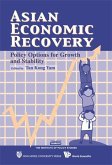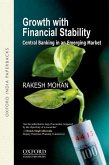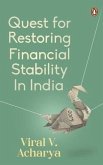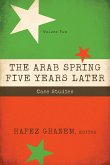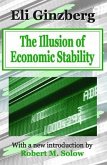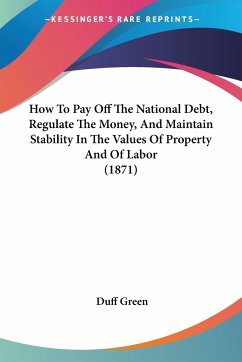The Kingdom of Saudi Arabia (KSA) posted an annual gross domestic product (GDP) of $349 billion, with a trade surplus of $123 billion in 2006, and had come to represent royal wealth and opulence. This economic power enables KSA to maintain close diplomatic and commercial ties with the world's leading nations and multinational corporations. Clearly, the strength of the Saudi Arabian economy is the driving force behind its prominence on the global stage, and its ability to maintain internal order among the citizenry. The importance of a stable, healthy economy as a critical pillar of Saudi stability becomes even more apparent when one considers the cultural and religious tensions which pervade its society. This essay presents a plausible future for the economy of Saudi Arabia - one in which this necessary pillar of stability degrades, or even crumbles, and opens the door to a viable insurgency movement within the Kingdom in the year 2030. The case for this plausible future emerges from current economic trends and conditions in Saudi Arabia. Oil reserves and profits are the main source of revenues for the government of KSA. The reliance on this single source of income, along with labor market inadequacies, presents significant obstacles to long-term fiscal fitness. The royal family has recognized these challenges and introduced corrective measures, mostly in the form of attempts to diversify the economy, and to a lesser degree by encouraging privatization and foreign investment. These initiatives are laudable, but cultural dynamics and the intricacies of economic reform make them fall well-short of guaranteeing healthy, long-term economic growth. Ultimately, two key factors-the inability to diversify adequately from the oil-based economy, and the failure to create sufficient employment opportunities for Saudi citizens-show strong potential for creating the instability necessary to foment insurgency within the Kingdom. This work has been selected by scholars as being culturally important, and is part of the knowledge base of civilization as we know it. This work was reproduced from the original artifact, and remains as true to the original work as possible. Therefore, you will see the original copyright references, library stamps (as most of these works have been housed in our most important libraries around the world), and other notations in the work. This work is in the public domain in the United States of America, and possibly other nations. Within the United States, you may freely copy and distribute this work, as no entity (individual or corporate) has a copyright on the body of the work. As a reproduction of a historical artifact, this work may contain missing or blurred pages, poor pictures, errant marks, etc. Scholars believe, and we concur, that this work is important enough to be preserved, reproduced, and made generally available to the public. We appreciate your support of the preservation process, and thank you for being an important part of keeping this knowledge alive and relevant.
Bitte wählen Sie Ihr Anliegen aus.
Rechnungen
Retourenschein anfordern
Bestellstatus
Storno


